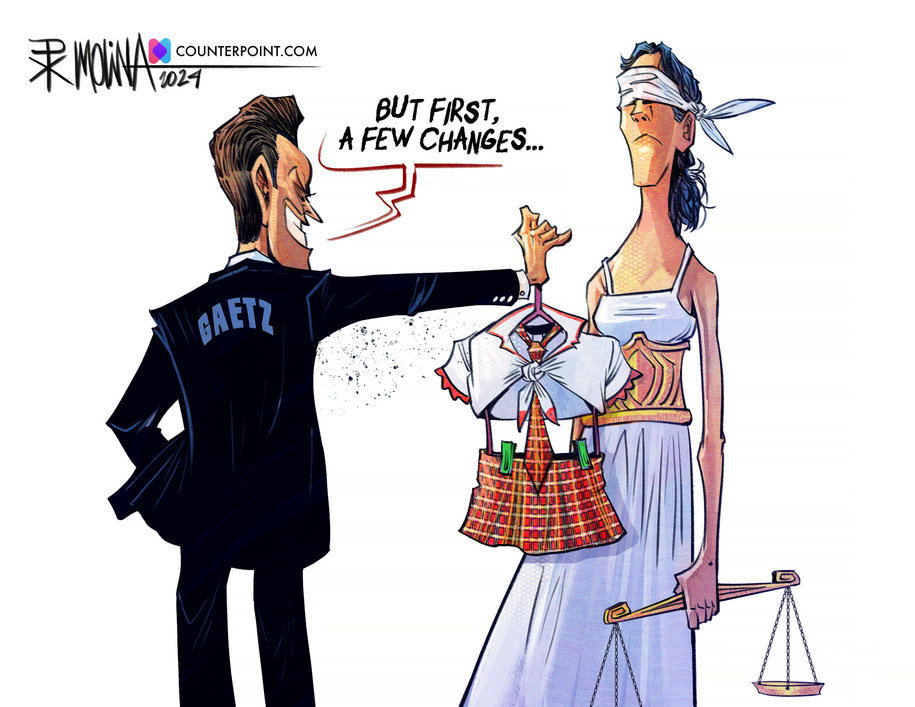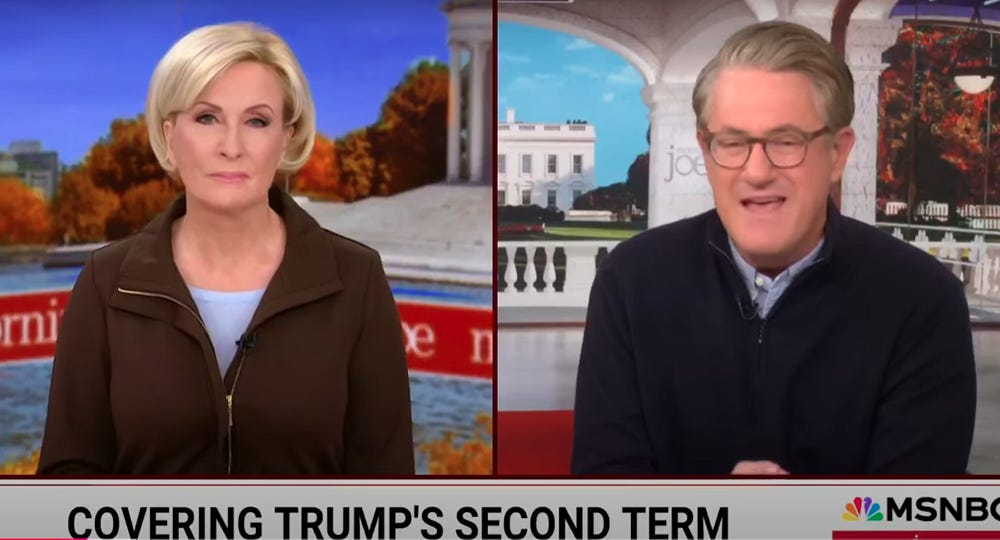In the 2013 blockbuster film “The Wolf of Wall Street,” actor Jonah Hill reportedly received just $60,000 for his role as Donnie Azoff, who serves as the right-hand man to Leonardo DiCaprio’s Jordan Belfort.
While DiCaprio earned $10 million for his part, Hill’s paycheck met only the minimum requirements set by the Screen Actors Guild (SAG). The amount was before taxes and commissions, according to the BBC.
Trending: Owners of this new phone can make money by playing video games, listening to music or reading the news. Its makers just hit $50 million in revenue, and that’s only one-tenth of what they have planned.
Despite the disparity, the movie achieved huge success. The “Wolf of Wall Street” garnered a cult following because of its visceral storytelling, dynamic performances and unflinching look at the excesses of Wall Street culture in the late 1980s and early 1990s. Its engrossing narrative and provocative themes have made it a subject of extensive discussions and debates, making it a modern hit in Hollywood’s portfolio.
Hill’s decision to accept the minimum amount wasn’t an act of resignation or a sign of his supposed worth in Hollywood. On the contrary, by 2014, he had already earned critical acclaim and audience appreciation for his roles in “Superbad,” “Moneyball” and various other comedies. The actor had achieved a level of career security and reputation that should have allowed him to command a seven-figure salary, especially when sharing the screen with a superstar like DiCaprio.
Don’t Miss: For decades, Wall Street has been synonymous with the financial world. This startup is is a disruptive force. Learn how you can take advantage of a new investment opportunity.
Yet, Hill intentionally chose the path of lesser financial reward to realize his dream of working with iconic director Martin Scorsese. Scorsese, widely considered one of the greatest filmmakers in cinema history, has a knack for eliciting career-defining performances from his actors. His directorial genius lies not just in his visual storytelling but also in his ability to build a rapport with his cast and crew. The relational acumen plays a significant role in how Scorsese crafts his cinematic narratives, often through deep collaborations with key members of his filmmaking team.
Hill expressed his sentiments on accepting the SAG minimum in a 2014 interview with “The Howard Stern Show.” He clarified that his decision was “not about the money” and that he was more than willing to sign the papers before anyone had a chance to change their minds. He even went as far as saying, “I would sell my house and give him all my money to work for him.”
This decision eventually paid off both artistically and professionally for Hill, who went on to receive an Academy Award nomination for Best Supporting Actor for his role in “The Wolf of Wall Street.” The film itself became a cultural phenomenon, and Hill’s performance was lauded as a standout.
For Hill, the $60,000 became more than just a paycheck. It was an investment in an experience he valued far more than money: the opportunity to work under the guidance of a director he reveres. In doing so, Hill made a powerful statement about the intangible rewards of passion and dedication, proving that sometimes, the best choices are made when the heart leads the way.
Read Next: Embracing the Off-Grid Lifestyle: How Millennials and Gen Z Are Redefining Home and Work
Don’t miss real-time alerts on your stocks – join Benzinga Pro for free! Try the tool that will help you invest smarter, faster, and better.
This article Jonah Hill Accepted The Minimum Rate Of $60,000 For His Role In ‘The Wolf Of Wall Street’ While Leonardo DiCaprio Was Paid $10 Million — His Dream Was To Work With Martin Scorsese: ‘I Would Sell My House And Give Him All My Money To Work For Him.’ originally appeared on Benzinga.com
.
© 2023 Benzinga.com. Benzinga does not provide investment advice. All rights reserved.









